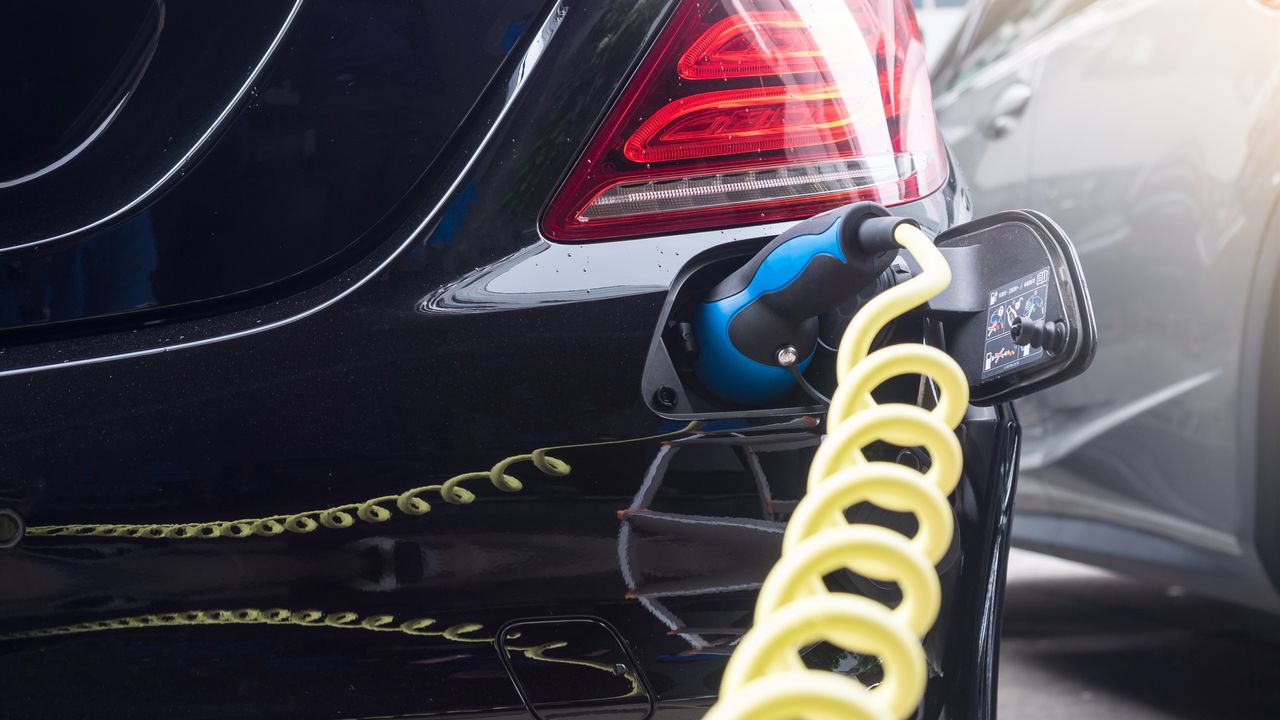Battery Technology: Powering the Future of Electric Vehicles
As the world shifts towards a more sustainable future, electric vehicles (EVs) have emerged as a promising alternative to traditional gasoline-powered cars. Central to the success of EVs is the development of battery technology, which continues to evolve and advance at a rapid pace. In this article, we will explore the latest advancements in battery materials, battery lifespan, and battery chemistry that are driving the growth of electric vehicles.
Battery Materials: The Building Blocks of Power
One of the key factors influencing the performance and efficiency of electric vehicle batteries is the choice of battery materials. In recent years, researchers have been focusing on developing materials that offer higher energy density, improved safety, and reduced cost.
Lithium-ion batteries, which are currently the most common type of battery used in EVs, have been the subject of extensive research. Scientists are exploring ways to enhance the performance of these batteries by using different cathode materials, such as nickel-cobalt-aluminum (NCA) and nickel-manganese-cobalt (NMC). These materials offer higher energy density, allowing EVs to travel longer distances on a single charge.
Furthermore, advancements in anode materials, such as silicon and lithium metal, have shown promise in increasing the energy storage capacity of batteries. These materials have the potential to significantly improve the range and charging speed of electric vehicles, making them more practical and convenient for everyday use.
Battery Lifespan: Extending the Drive
Battery lifespan is a critical factor for EV owners, as it directly impacts the cost and practicality of owning an electric vehicle. Over time, batteries degrade, leading to reduced capacity and performance. However, advancements in battery technology are addressing this issue by improving the lifespan of EV batteries.
One approach is the development of solid-state batteries, which replace the liquid electrolyte found in traditional lithium-ion batteries with a solid material. Solid-state batteries offer several advantages, including increased energy density, improved safety, and longer lifespan. These batteries are still in the early stages of development but hold great potential for the future of electric vehicles.
Another strategy to extend battery lifespan is through the use of advanced battery management systems (BMS). BMS technology monitors and regulates the charging and discharging of batteries, optimizing their performance and preventing overcharging or deep discharge. This not only improves battery lifespan but also enhances safety and reliability.
Battery Chemistry: Unleashing the Power
Battery chemistry plays a crucial role in determining the performance and efficiency of electric vehicle batteries. Researchers are constantly exploring new chemistries that can deliver higher energy density, faster charging times, and improved safety.
One promising battery chemistry is lithium-sulfur (Li-S), which has a theoretical energy density several times higher than lithium-ion batteries. Li-S batteries are lighter, cheaper, and have the potential to store more energy, offering longer driving ranges for electric vehicles. However, challenges related to the stability and lifespan of Li-S batteries are still being addressed before they can be widely adopted.
Another area of research is the development of flow batteries, which use liquid electrolytes stored in external tanks. Flow batteries offer the advantage of quick and easy recharging by simply replacing the electrolyte. These batteries have the potential to revolutionize the charging infrastructure of electric vehicles, making long-distance travel more feasible.
Conclusion
The advancements in battery materials, battery lifespan, and battery chemistry are driving the rapid growth of electric vehicles. As researchers continue to innovate and overcome challenges, we can expect to see even more efficient, longer-lasting, and affordable batteries in the future. With these advancements, electric vehicles are poised to become the primary mode of transportation, ushering in a cleaner and greener future for all.
